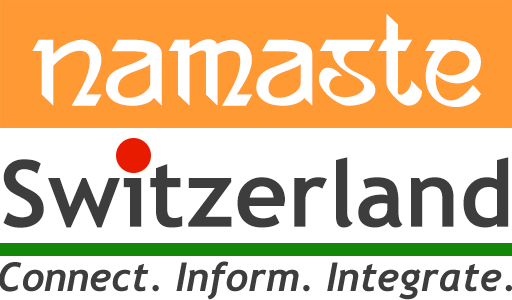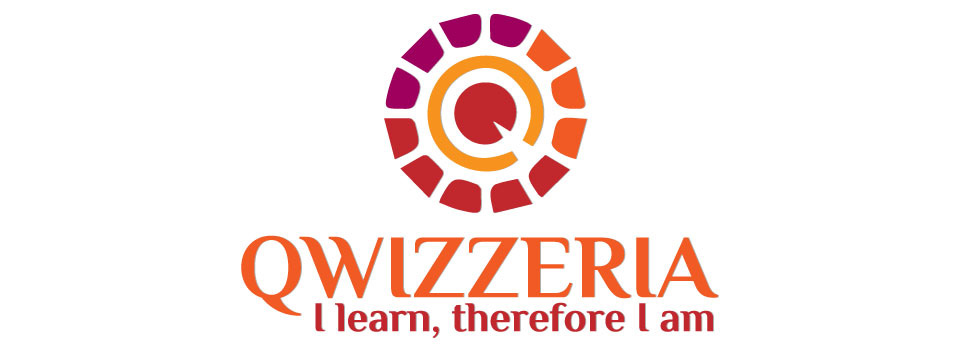There are a number of rules and definitions of freelance work – whether you are a contractor or a one-person website offering freelance services, make sure you’re on the right taxation track.
With the three-tier pension pillar system in Switzerland, you might often wonder where you fit in if you are a freelancer or self-employed. According to the Federal Statistical Office, more than 12% of working adults in Switzerland are self-employed. With this privilege of being your own boss, you have to be aware of the pension rules and entitlements in terms of some amounts of loss and gain that apply to this category of the workforce.
Here are some common doubts and questions answered on being self-employed managing your finances in Switzerland.
Which Swiss pension fund pillar can I optimize?
For an overview of the pension pillars, revisit our detailed post on it.
Under the Swiss 2a category of retirement savings, self-employed individuals are not required to register for an occupational pension fund (not applied to those who open a GmbH or AG). If you have employees, the pension fund which covers them may also cover you, depending on the regulations of your individual pension fund.
In case you are not able to register for a 2a pension fund, you can opt for a voluntary pension fund (2b) such as the one offered by the Substitute Occupational Benefit Institution, which has limited choices compared to regular pension funds.
The 3a category of retirement savings allows you as a freelancer or a self-employed person to contribute up to 20% of your income to a 3a bank account or an insurance policy, thereby giving you the benefits of that tier of pension.
How do I compensate for the loss of income?
During these times defined by the COVID crisis situation, as a self-employed person, work might be scarce and paying your employees might be a challenge. In this case, loss of income insurance is offered by a number of Swiss health insurance providers. On the flip side, your application may be rejected, or you have to be prepared to pay relatively high insurance premiums if insurers feel that your health condition, occupation or lifestyle make you a high-risk candidate.
A loss-of-earnings rider can be added to your compulsory Swiss health insurance policy and no insurer can deny you this coverage. However, please remember that the paid-out benefits are extremely low and will not compensate for lost earnings.
What about my social security status?
As a self-employed person or a freelancer, you have to cover the full cost of social security contributions yourself. Depending on your income, your social security premiums can range between 5.196% to 9.65% of your income, in addition to an administrative fee of up to 5% of your social security contributions as a freelancer.
Am I eligible for unemployment insurance?
Unfortunately, not. This means that you will have to keep enough savings aside to cover expenses to keep your business afloat if it goes under.
Does liability insurance apply to me?
No. Because, when you work for an employer, they take liability for your professional actions. But, as a self-employed person, you are the company and therefore are liable for everything that happens within this structure and its services.
As an individual trying to gain a foothold as a freelancer or a self-employed person, these matters can get quite complicated and bothersome. We specialize in this with the best options available that suit your requirements. Just give us a call for a free consultation (+41 (0)76 392 48 52) in the language of your choice (Deutsche, English, Hindi or Punjabi) and let us guide you towards optimizing your choices and make the best of being your own boss.
Disclaimer: Opinions expressed belong solely to the content provider. Namaste Switzerland does not undertake any financial/reputational/legal/misrepresentational impact or other obligations/ liabilities that may arise from the content.













This is a very insightful article! I am a self-employed consultant offering educational consulting services in Switzerland and all the legal and tax implications are quite complex! Thank you for sharing
Stefanie Busse
YOu are very welcome! Glad you found it useful, Stefanie